7 Signs Your HVAC System Needs Repair or Replacement
An efficient HVAC system is the heart of a comfortable home. Unfortunately, like any mechanical system, it can develop issues over time that affect performance, energy bills, and indoor air quality. In this article, we’ll explore seven key indicators that suggest your HVAC system may require either repair or replacement. Understanding these signs early can save you money, prevent unexpected breakdowns, and keep your home environment safe and comfortable. Partnering with a reliable local HVAC company ensures you get professional insight and quality service when you need it most.
Whether you’re a first-time homeowner or someone who’s lived in their home for decades, understanding the warning signs of HVAC trouble can feel overwhelming. The good news is that most issues give subtle signals before turning into major problems. By paying attention to these signs, you can extend the life of your system, improve energy efficiency, and maintain indoor comfort year-round.
1. Increasing Energy Bills
One of the first signs that your HVAC system may be struggling is a sudden increase in energy bills. Even minor inefficiencies in your system can cause it to work harder, consuming more electricity or gas than usual. Tracking your monthly energy usage and comparing it to historical patterns can help you spot these anomalies early.
Unexplained spikes often point to issues such as clogged filters, failing components, or an outdated system. For example, a homeowner might notice their bills are rising in winter, even though their thermostat settings haven’t changed. This could indicate that the heating system is overworking due to dirty ducts, failing compressors, or worn-out components. Evaluating these inefficiencies typically requires professional diagnostics, which is where a trusted local HVAC company comes in.
According to Today's Homeowner, a heating system’s air filter should be replaced at least twice a year, with every three months being ideal for optimal performance. Regularly changing filters not only reduces energy consumption but also helps maintain optimal airflow and system efficiency. Keeping track of energy usage and maintaining filters is a simple step homeowners can take to prevent unnecessary wear on their HVAC system.
2. Inconsistent Indoor Temperatures
Uneven heating or cooling throughout your home can signal an underlying HVAC issue. Hot or cold spots often result from airflow problems, duct leaks, or malfunctioning zoning systems. These discrepancies not only create discomfort but also indicate that your system is working harder than necessary.
Thermostat issues can exacerbate this problem. Older or improperly calibrated thermostats may misread temperatures, leading to uneven climate control. Imagine walking from the living room to the bedroom and noticing a significant temperature difference. This can be more than just a minor annoyance—it’s an energy drain. Routine maintenance, including checks by a local HVAC company, can identify these issues before they become severe. Addressing temperature inconsistencies ensures every room in your home remains comfortable and energy-efficient.
Additionally, homeowners can use smart thermostats to monitor temperature variations throughout the house. These devices allow you to program settings for different times of the day and track real-time performance, giving both convenience and insights into potential HVAC inefficiencies.
3. Unusual Noises
Strange noises coming from your HVAC system—such as buzzing, rattling, or grinding—are often warning signs of mechanical problems. Loose components, failing motors, or lack of lubrication can all produce disruptive sounds that should not be ignored.
Rattling often indicates parts that have shifted or need tightening, while screeching or grinding can signify motor or bearing failure. Ignoring these sounds can lead to costly breakdowns. A professional evaluation by a local HVAC company can pinpoint the source of these noises and prevent further damage, keeping your system running safely and efficiently.
Homeowners often overlook small noises, assuming they are temporary. However, addressing these sounds early can prevent small issues, like a loose fan blade or worn-out belt, from escalating into full system failures. Scheduling an inspection at the first sign of unusual sounds can save both money and stress later.
4. Poor Air Quality
Your HVAC system plays a critical role in maintaining indoor air quality. A failing system can circulate dust, pollen, and other pollutants, potentially triggering allergy symptoms or respiratory issues. Regular inspection and maintenance are key to ensuring clean, healthy air.
Dirty air filters significantly reduce airflow and trap contaminants within your system. Replacing or cleaning filters on schedule, ideally every three months, can enhance air circulation and improve system performance. Mold and mildew growth in ducts can also affect air quality; professional cleaning by a local HVAC company ensures your system is sanitized and safe.
In addition to filters, homeowners should consider the placement of vents and the condition of ductwork. Leaks or blockages in ducts can compromise airflow and introduce unwanted dust or moisture. Proper duct maintenance enhances air quality and maximizes energy efficiency, making your home healthier and more comfortable.
5. Frequent Repairs
Frequent breakdowns are a strong indication that your HVAC system is nearing the end of its useful life. A high repair frequency not only increases expenses but also creates unpredictability in home comfort. Keeping track of repair history helps determine whether continuing repairs is cost-effective or if replacement is a better option. For instance, if your system has required multiple visits in the past year for issues like refrigerant leaks, thermostat malfunctions, or compressor failures, it may be more economical to replace it. Investing in a newer system may provide long-term reliability, modern efficiency, and peace of mind. Consulting a trusted local HVAC company can help you weigh repair versus replacement and plan a budget-friendly solution. Frequent repairs also interrupt daily life, particularly during extreme weather. Imagine being without heat during a cold snap because the same system keeps failing. Recognizing repair frequency as a key indicator helps homeowners avoid these stressful scenarios.
6. System Age
The age of your HVAC system is an important factor in evaluating its effectiveness. Older systems also lack the energy-efficient technologies found in modern units. Upgrading to a new system can result in lower energy bills, improved comfort, and advanced features such as programmable thermostats or enhanced air filtration. Professional guidance from a local HVAC company ensures your replacement system is correctly sized, installed, and optimized for your home.
Technological advances over the past decade have significantly improved HVAC efficiency. Newer systems often include variable-speed fans, more accurate temperature controls, and better filtration systems. Replacing an older unit with modern technology can enhance both comfort and environmental sustainability.
7. Reduced Comfort and Efficiency
Finally, if your HVAC system struggles to maintain desired temperatures or airflow, it’s likely working beyond its capacity. Poor efficiency not only drives up utility costs but can also lead to uneven heating or cooling, humidity issues, and general discomfort. Regular inspections, maintenance, and timely repairs by a local HVAC company can restore efficiency and prevent further problems. Recognizing reduced performance early allows homeowners to make informed decisions about repairs or replacement before a complete system failure occurs. Homeowners should also monitor humidity levels and consider professional assessments to ensure their HVAC system is balancing airflow and moisture control. Efficient systems provide not only comfort but also long-term savings by avoiding wasted energy and excessive strain on components.
Being aware of these seven signs can help homeowners take timely action to maintain comfort, energy efficiency, and indoor air quality. From rising energy bills to unusual noises, frequent repairs, and system age, each indicator provides valuable insight into your HVAC system’s condition. Partnering with a reliable local HVAC company ensures professional assessments and lasting solutions. Don’t wait until small problems become big issues; contact JLS Mechanical HVAC, LLC today to schedule a thorough evaluation and keep your home comfortable year-round!

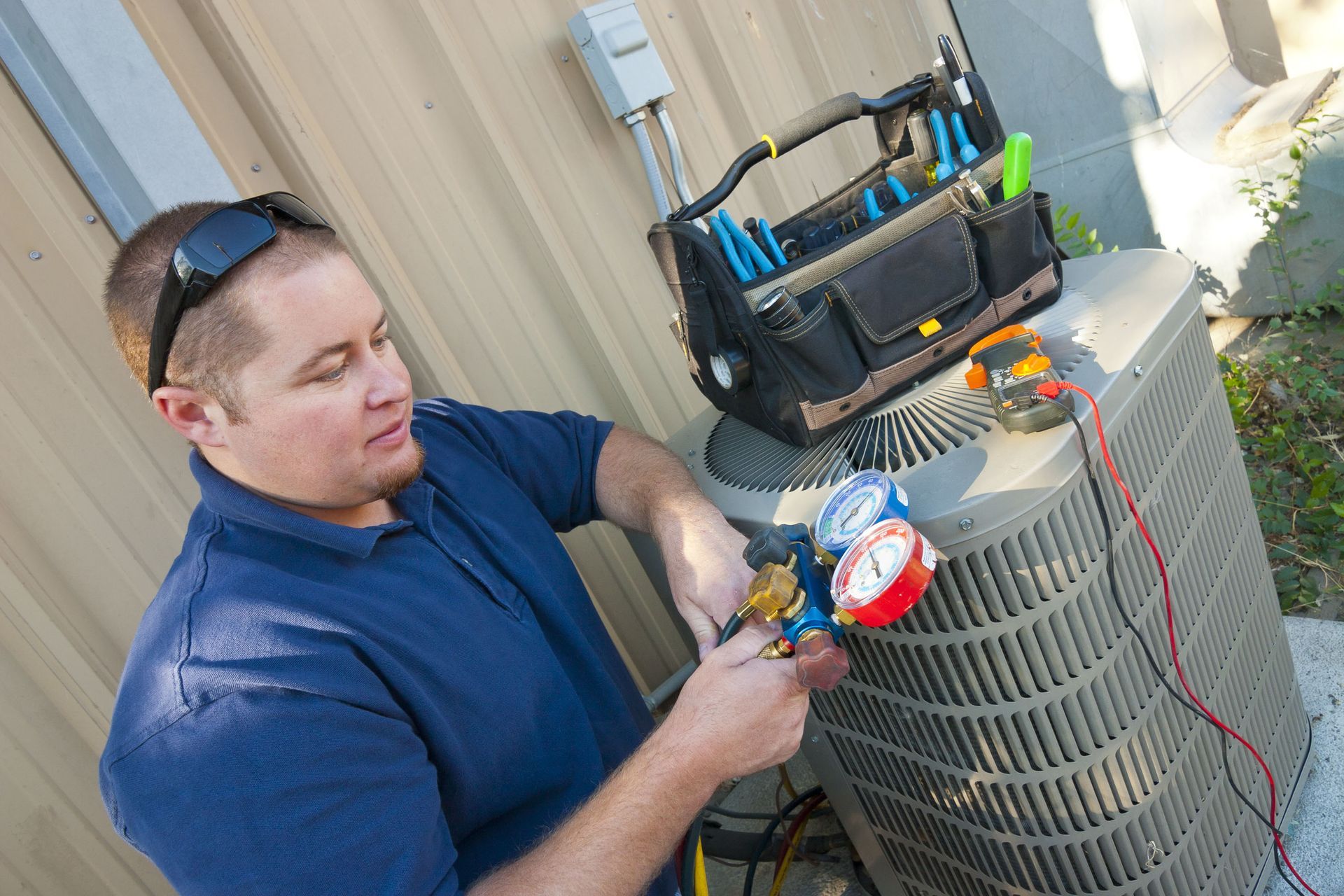
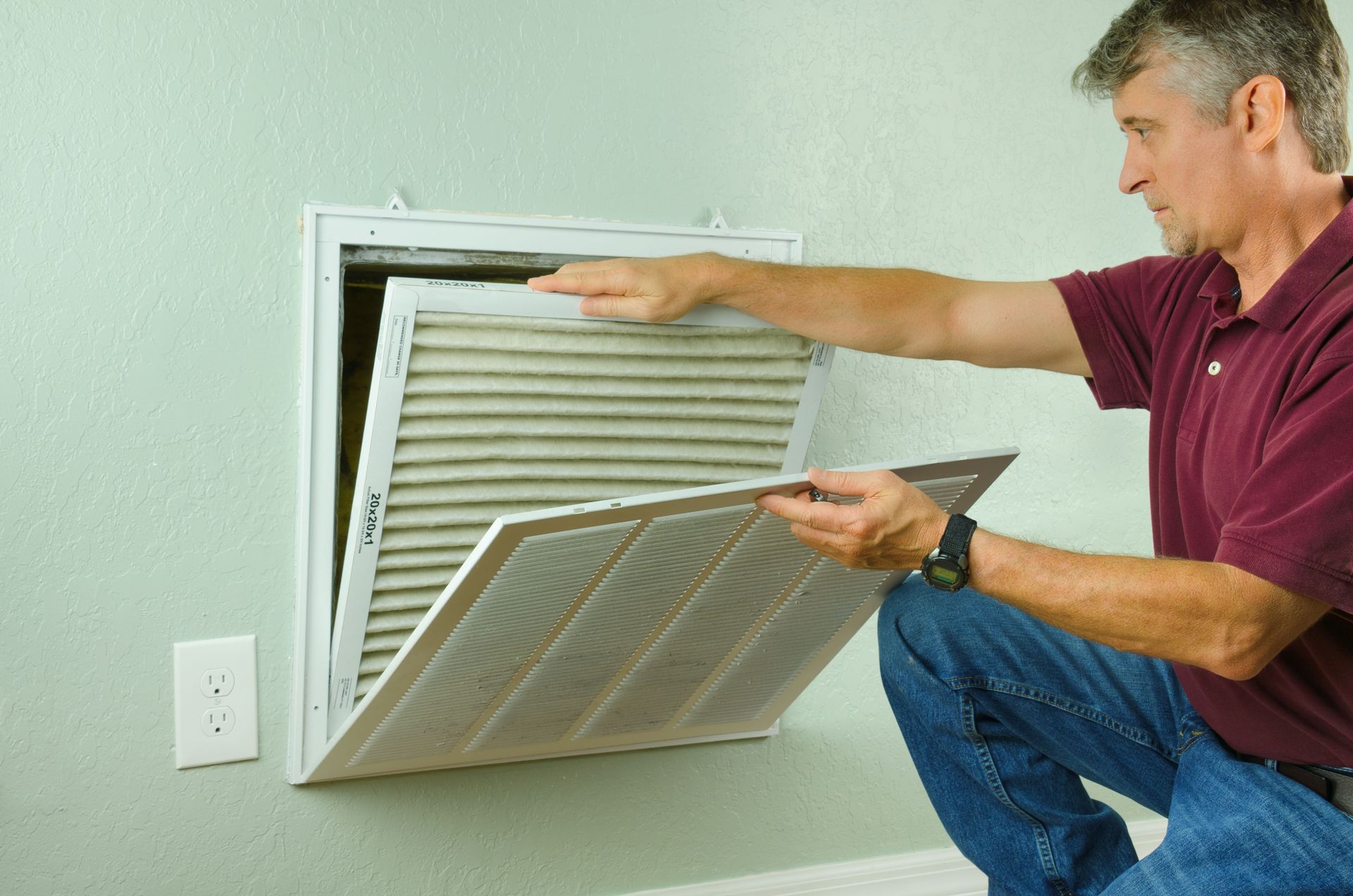
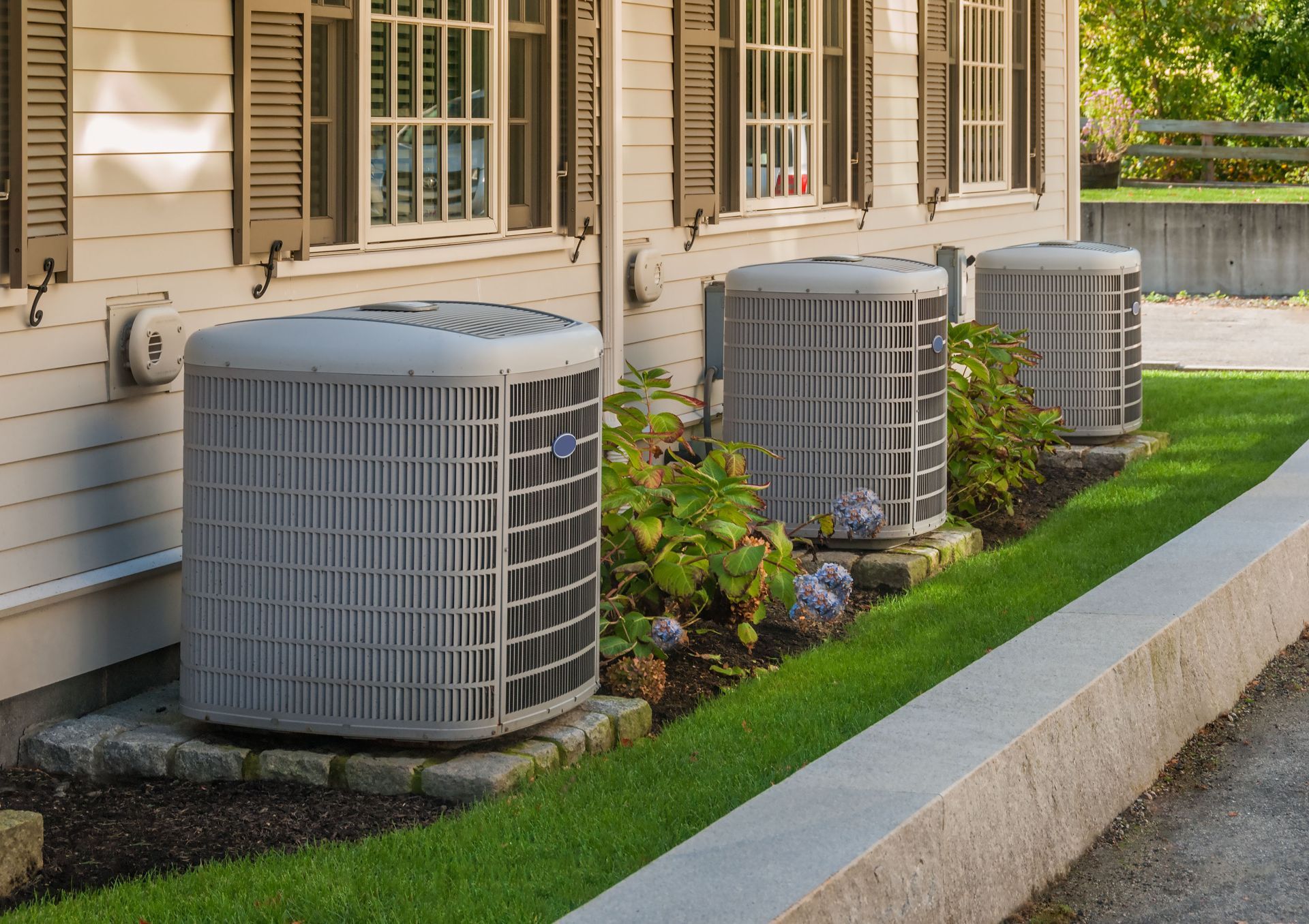
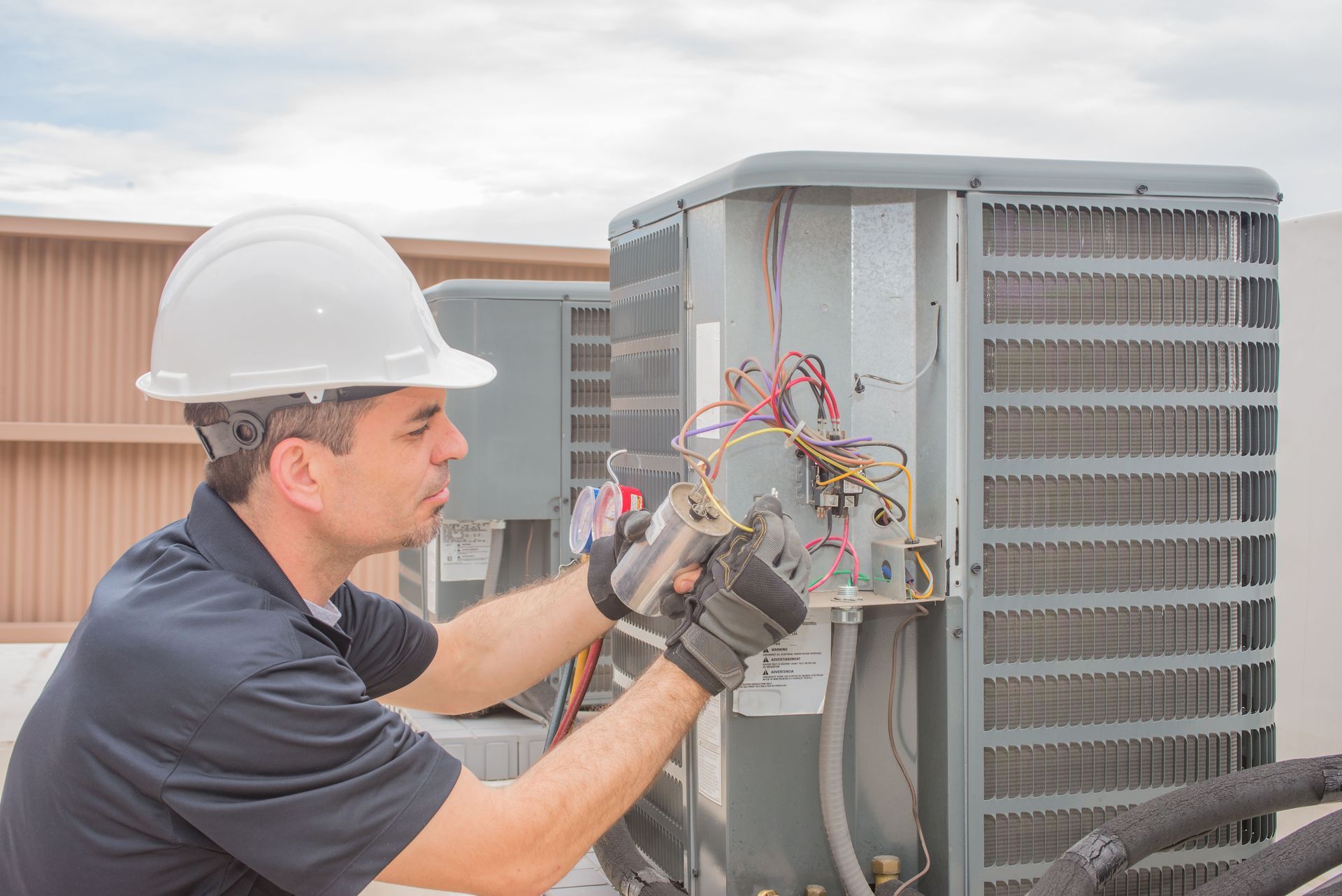
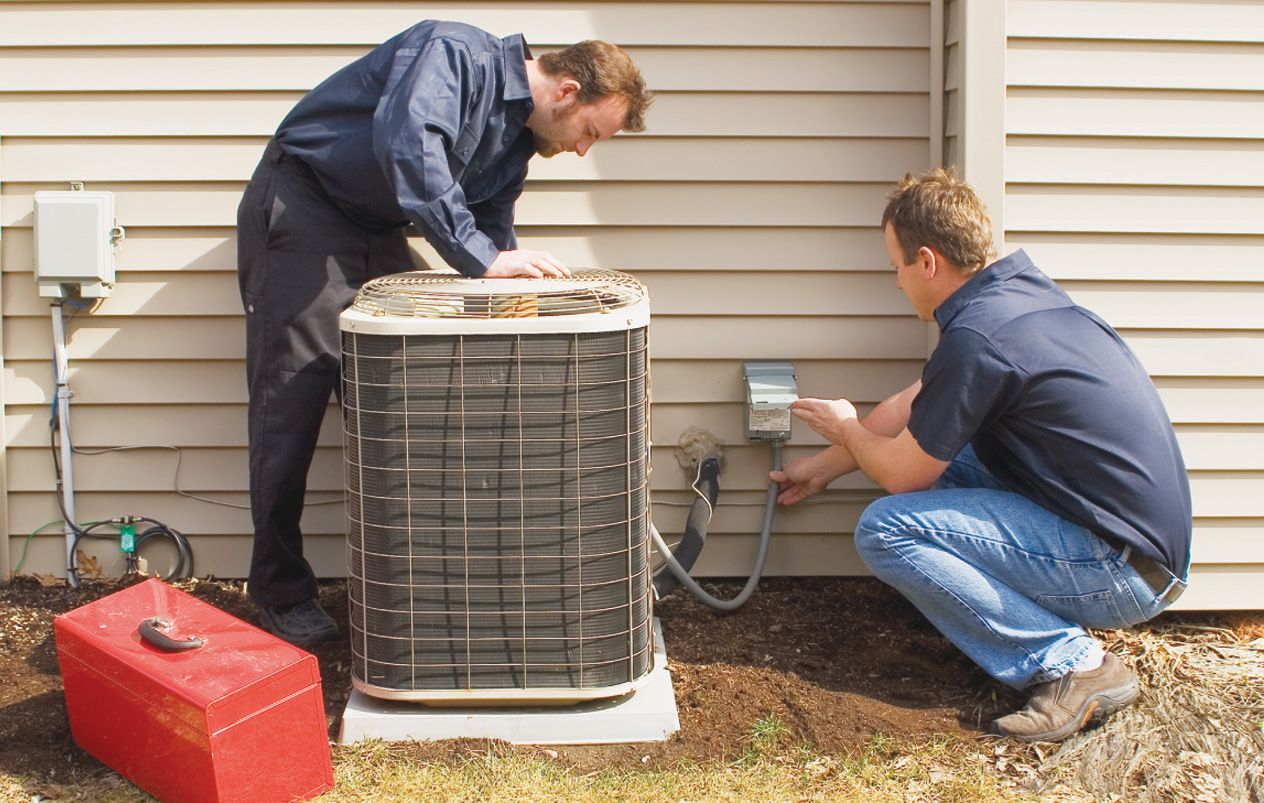
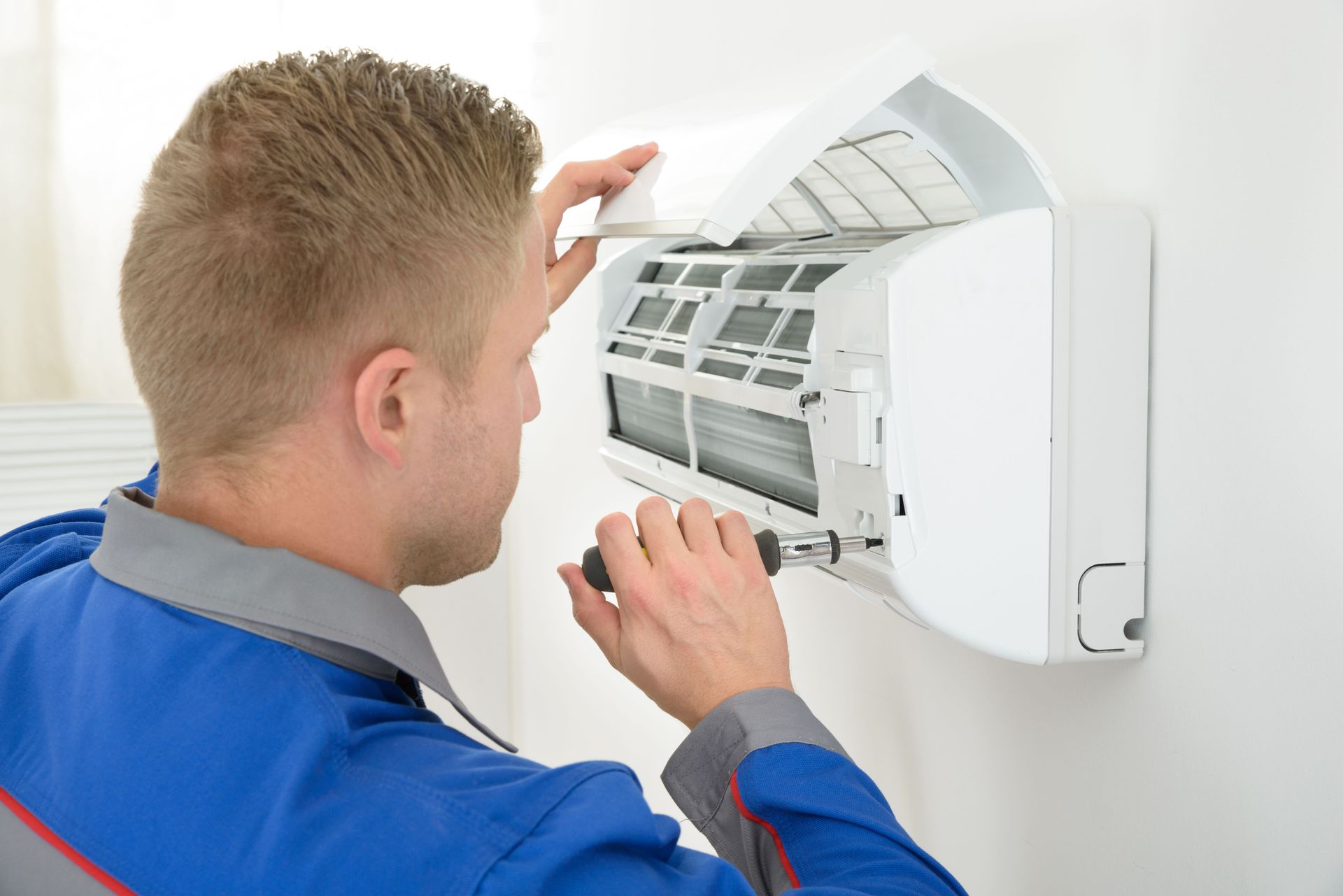
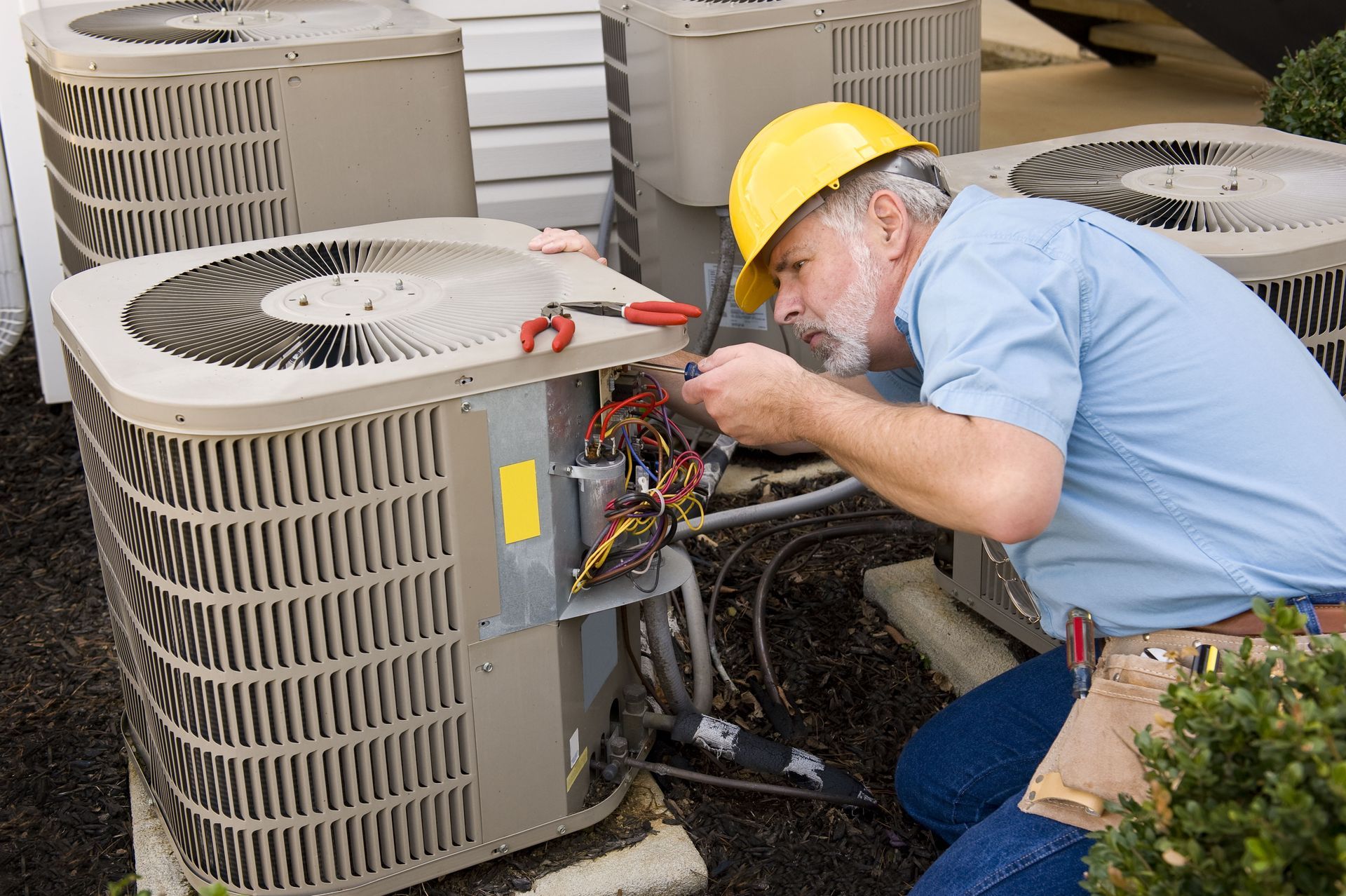


Share On: